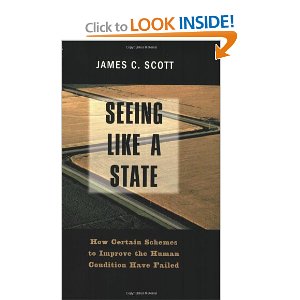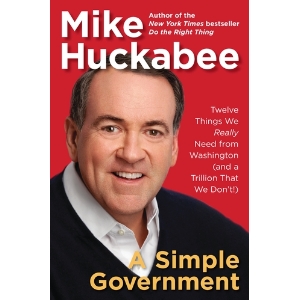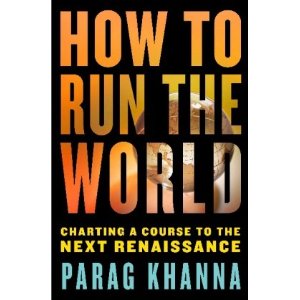Disclaimer: Werther is my good friend, but that said, the attached is an excellent review, IMO.
Chuck Spinney

Imperial Hubris: A Review of The Pentagon Labyrinth
By Werther
Electric Politics, March 6, 2011 12:33 PM
* Werther is the pen name of a Northern Virginia-based defense analyst.
In a recent radio interview, the British historian Timothy Garton Ash stated that his overall impression of the United States was one of dynamism and entrepreneurial spirit, such as in the Silicon Valley. But Washington, D.C., he said, reminded him of Moscow in the former Soviet Union.
In the context of the interview, he probably intended that as a criticism of the U.S. capital as being stagnant, status quo, and wedded to obsolete theories. But in a more pointed way he may not have consciously meant, it is equally true that Washington is remarkably like late-Brezhnev era Moscow in the sense of being very visibly the capital of a garrison state. With its billboard adverts for fighter aircraft in local Metro stations, radio spots recruiting for “the National Clandestine Service,” its ubiquitous Jersey Wall checkpoints, and its electronic freeway signs admonishing motorists to report suspicious activity (whatever that may be), the District of Columbia quite accurately simulates the paranoid atmosphere of a cold war era capital of Eastern Europe, say, East Berlin or Bucharest, albeit at two orders of magnitude greater cost.







